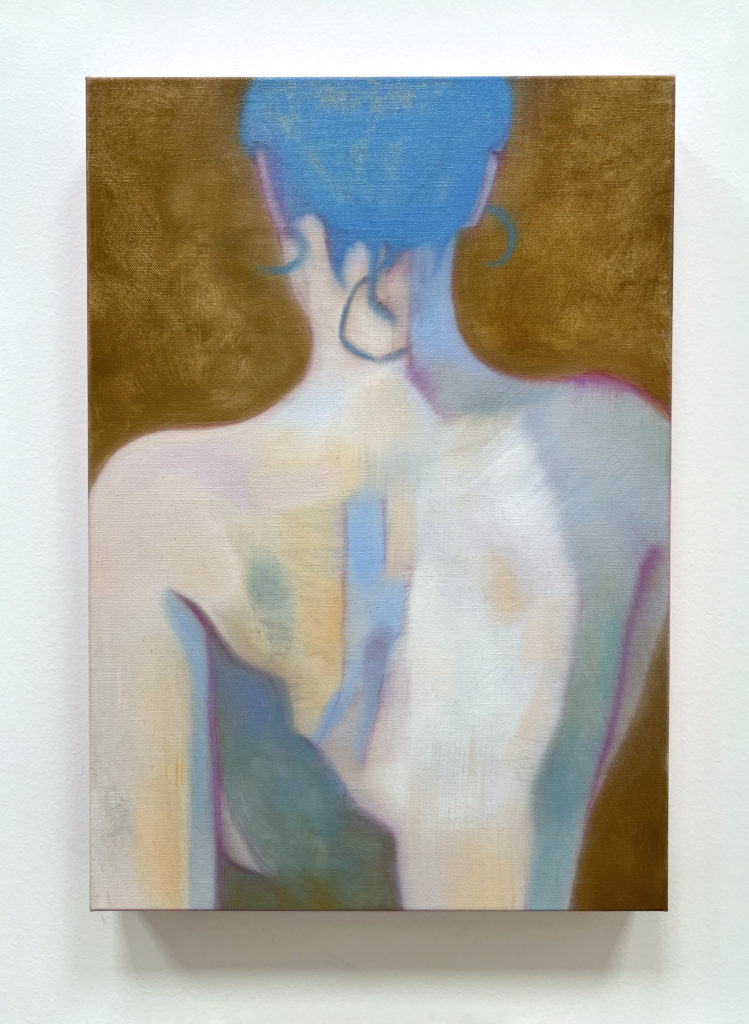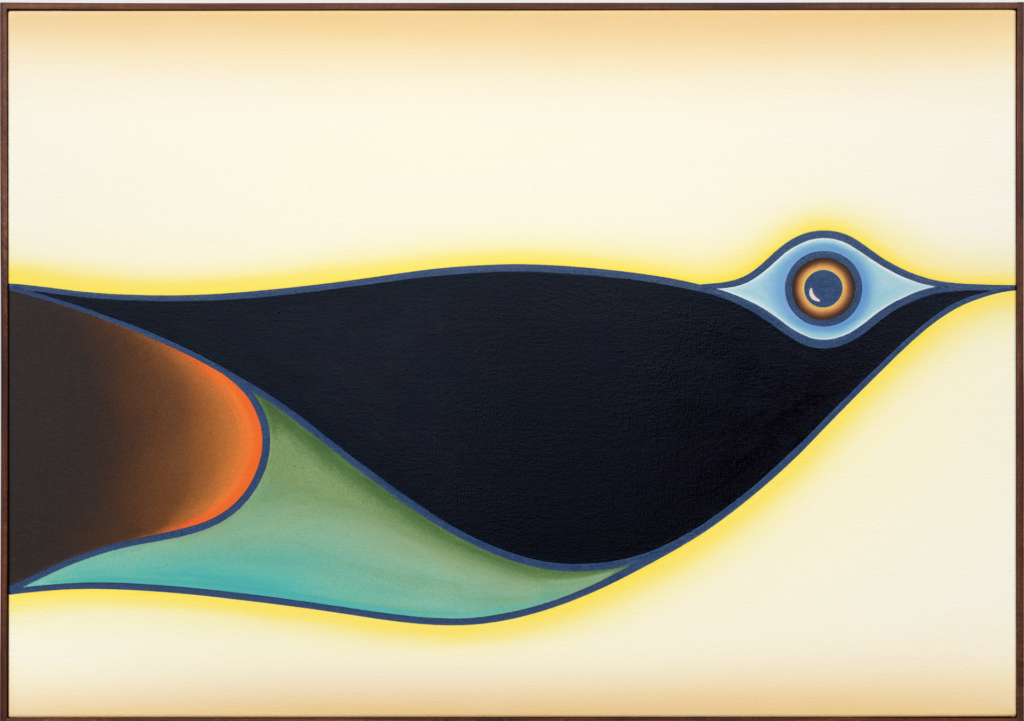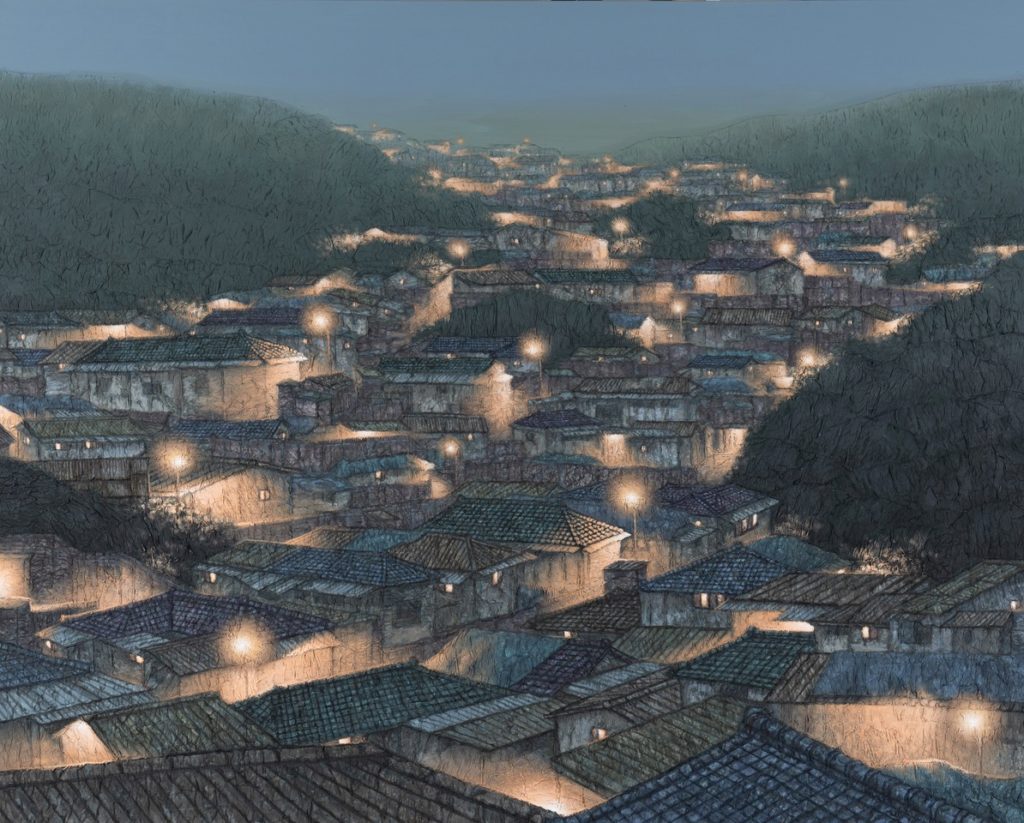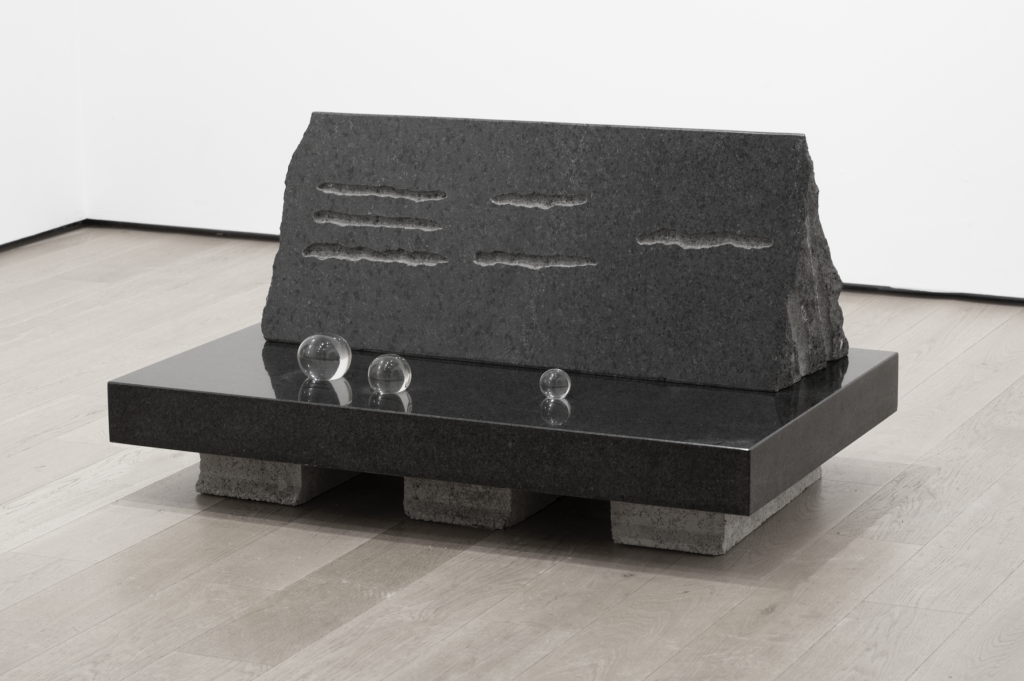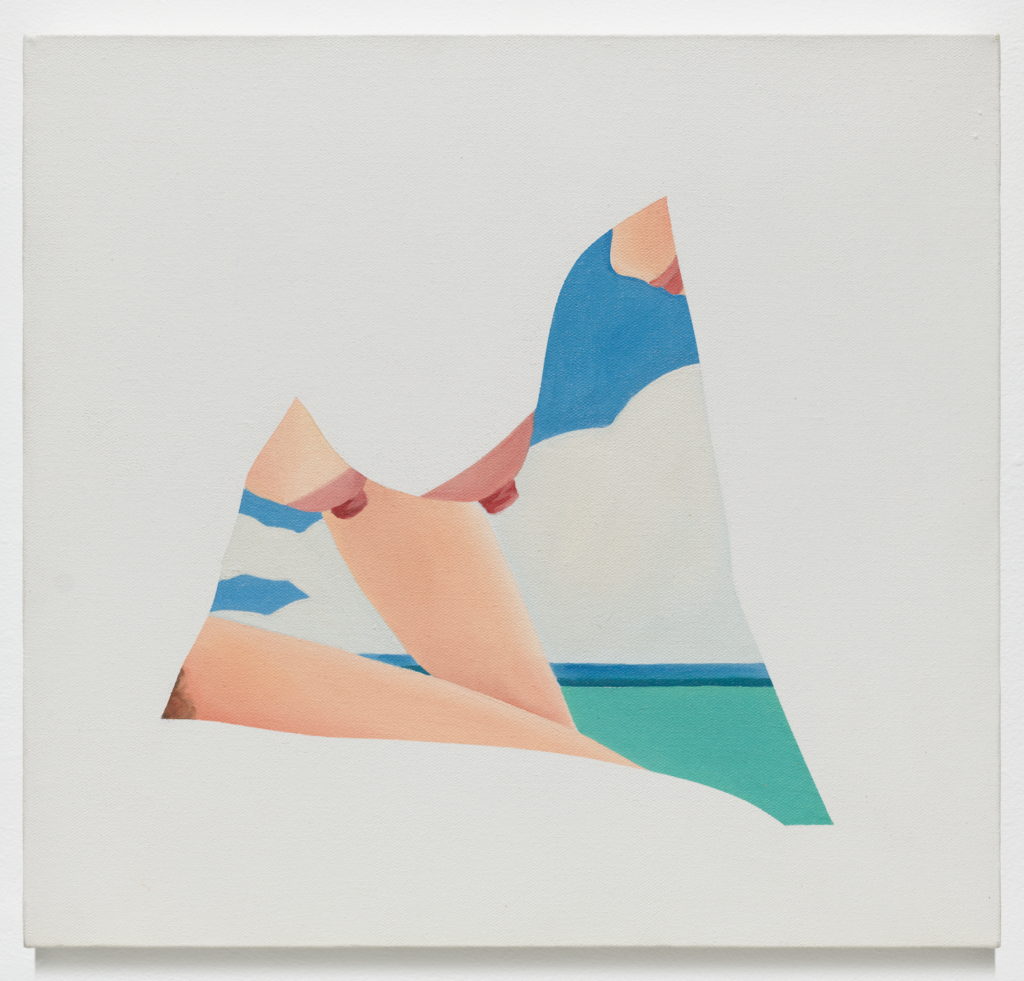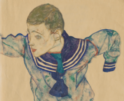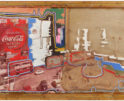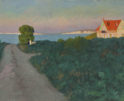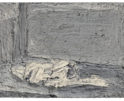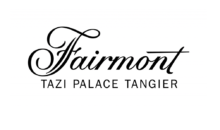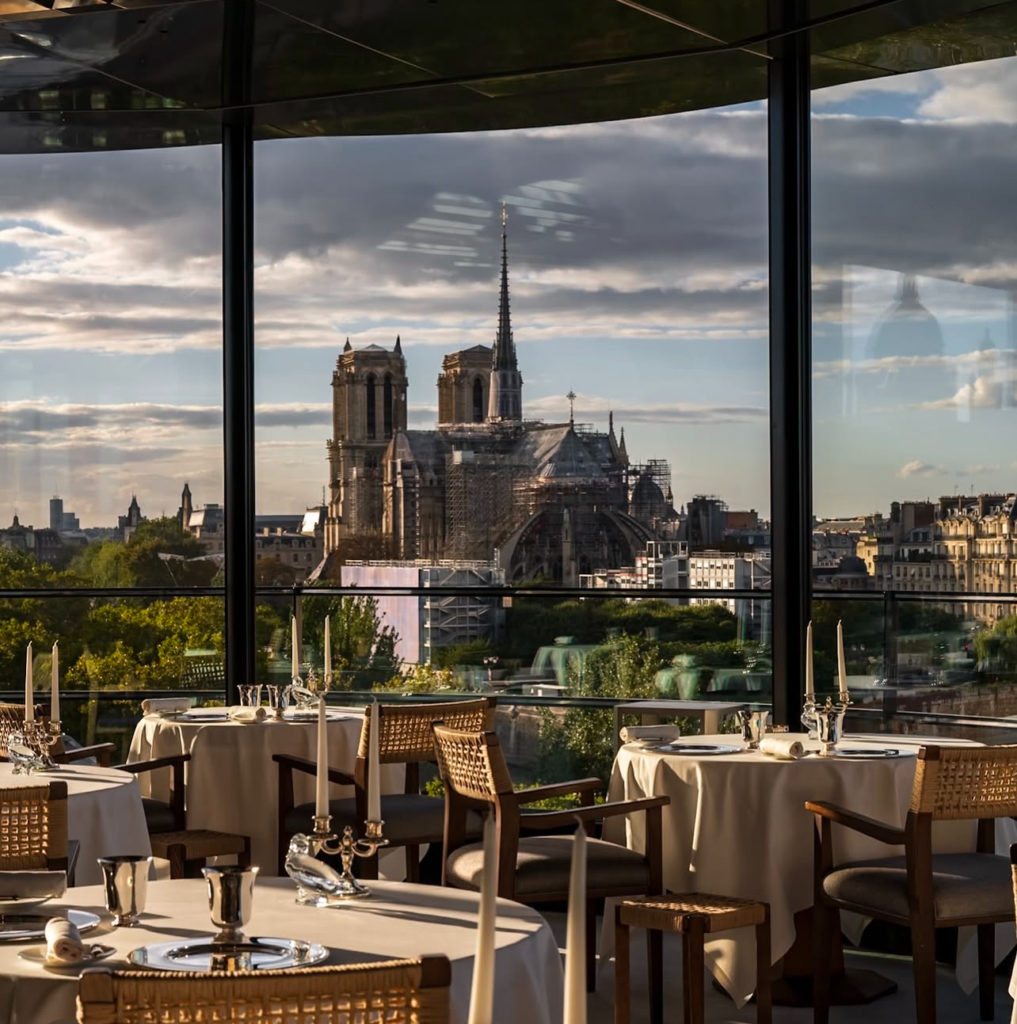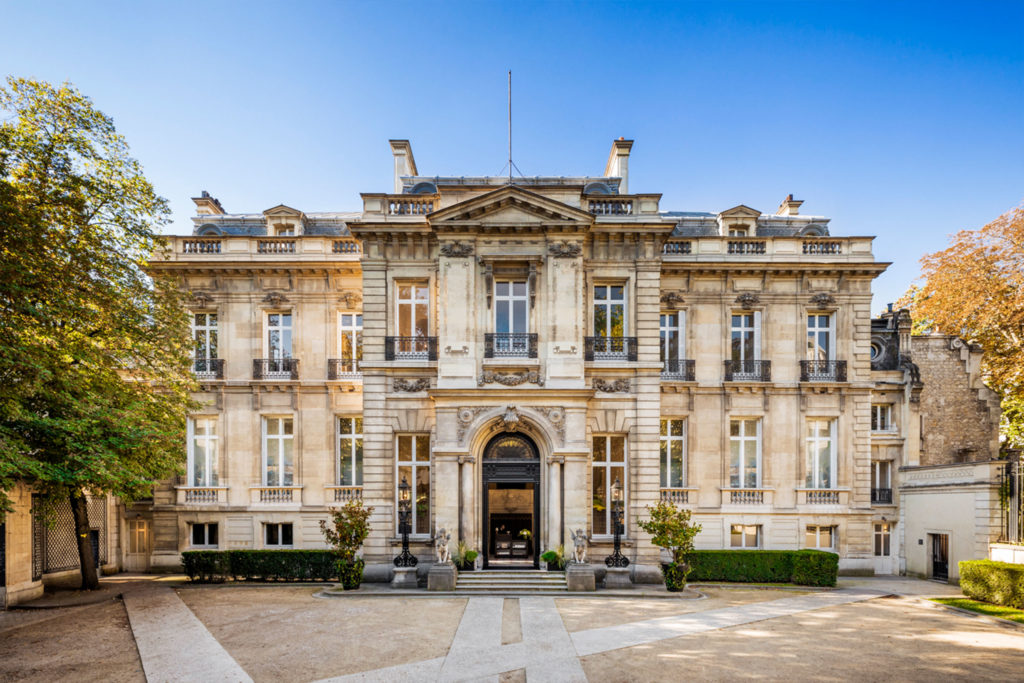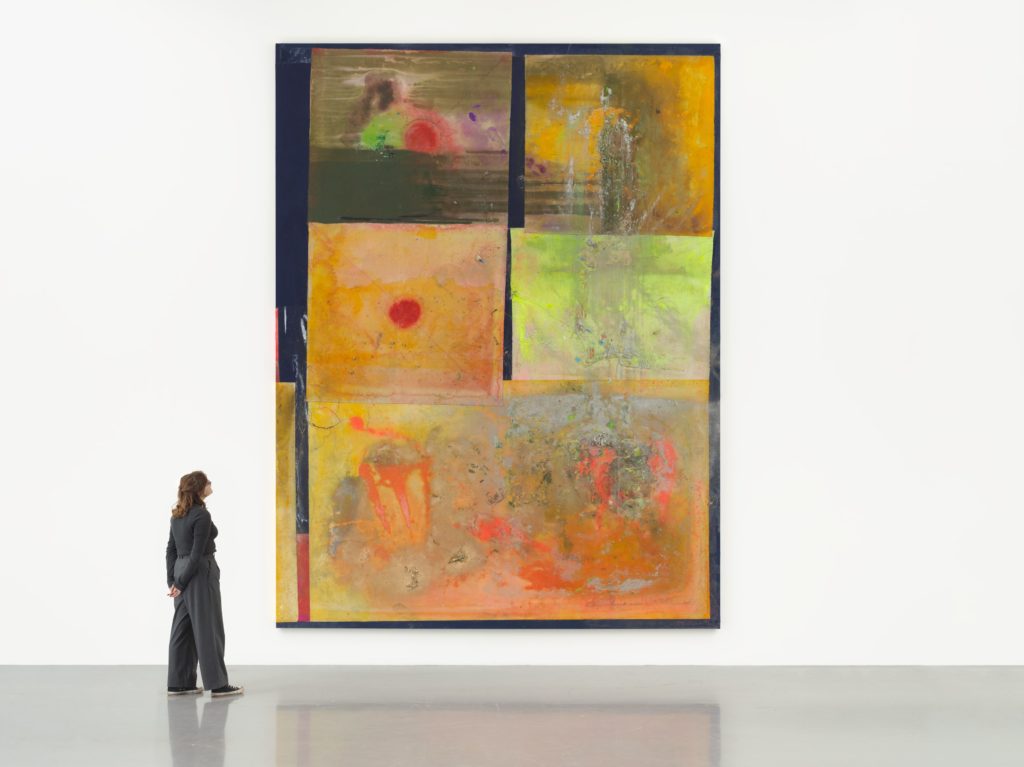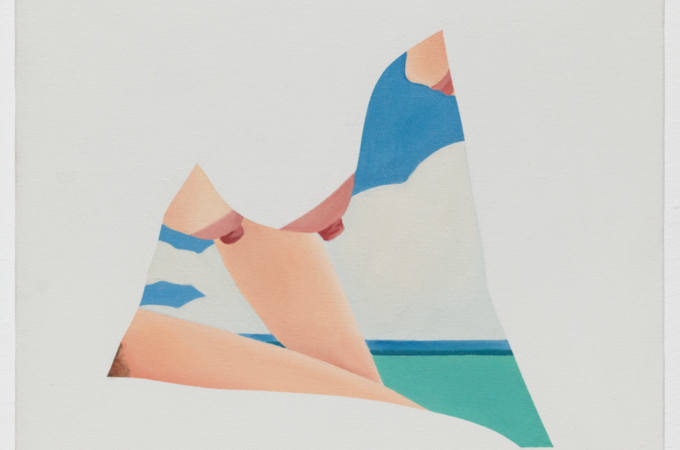
Almine Rech | Art Brussels, from 25 to 28 April 2024
ART BRUSSELS
Booth 5C-06 & 5C-08
April 25 – 28, 2024
On the occasion of Art Brussels 2024, Almine Rech will present a focus on the work of Anthony Miler as well as a group exhibition featuring Joël Andrianomearisoa, Farah Atassi, Roby Dwi Antono, Oliver Beer, Matthias Bitzer, Javier Calleja, Brian Calvin, Johan Creten, Sasha Ferré, Genieve Figgis, Aurélie Gravas, Aly Helyer, Ryoji Ikeda, En Iwamura, Aaron Johnson, Youngju Joung, Inès Longevial, Werner Mannaers, Alexis McGrigg, Tursic & Mille, Jean Miotte, Ryan Schneider, Thu-Van Tran, Kim Tschang-Yeul, De Wain Valentine, Brent Wadden and Tom Wesselmann.
Preview (by invitation only):
Thursday, 25 April, 2024, 11 am to 4 pm
Vernissage (by invitation only):
Thursday, 25 April, 2024, 4pm to 9pm
Public days:
Friday, April 26, 2024, 11 am to 7 pm
Saturday, April 27, 2024, 11 am to 7 pm
Sunday, 28 April, 2024, 11 am to 7 pm
Brussels Expo, Halls 5 & 6
Place de la Belgique 1, 1020 Brussels
Inès Longevial
From an early age, the artist devoted herself to drawing, which she discovered through Picasso, Matisse and Modigliani, in the books in the family library. Later, she studied Paula Modersohn-Becker, Georgia O’Keeffe and Niki de Saint-Phalle, who clearly influenced her work. Her love of colour, which she never ceases to explore in our lives, soon led her to painting, and it was at the age of 8 that she produced her very first pictures. It quickly became a daily occupation, but above all a true vocation: as soon as she could, Inès Longevial devoted herself to studying applied arts in Toulouse, from which she graduated in 2013 with an MFA. Self-portraiture became her favourite genre, but also her playground: her palette and drawing give her the freedom to follow an imaginary, poetic dream.
Her landscapes unfold a candid, dreamlike universe that resonates with the outside world, which imbues them with its colours and moods. Inès Longevial has always been inspired by the variations in light that convey and capture an impression, a sensation, a feeling. Imbued with a melancholy softness that can be combined with acid tones, these portraits give way, over the years, to greater purity and in-depth work on the carnation, its shadows and its reliefs. Through these fragments of skin and details of posture, the artist seeks to reclaim her body and assert her femininity. These silent, inhabited women also, and above all, paint a portrait of her relationship with the world and her condition as an artist.
Anthony Miler
The paintings and drawings of American artist Anthony Miler depict abstract human forms that offer a distinctly contemporary perspective while paying homage to the rich history of modern art. Characterised by free, light brushstrokes, bright colours and mask-like faces, they evoke associations with the CoBrA group and Willem de Kooning’s exploration of the female form in his “Women” series. Miler has developed his artistic style as a modern interpretation of art brut, or neo-art brut, favouring spontaneity and primitive expression amidst the predominance of precise computer graphics and slick industrial production. In his new series, Miler presents gentle, peaceful compositions depicting landscapes with soft curved lines.
Youngju Joung
South Korean artist Joung Young-Ju paints unique urban landscapes inspired by her native country. Softly lit at dusk, her works capture sprawling urban scenes that stretch beyond view, speckled with flickering lights that hint at a dense but invisible human presence. Young-Ju spent her youth drawing the buildings of her village before leaving South Korea to study fine art in Paris. After graduating, she returned to her homeland, where she climbed the Nam mountain and saw the city centre of Seoul lit up at dusk. While her paintings are rooted in these experiences, they are also symbolic of Korean society. The city or mountain village reflects both poverty and wealth. The artist transforms the slum into a luminous landscape.
To transfigure the shanty town, she chooses the moment when the lights come on in each hut. The lights at night help to transform reality and encourage illusion. If night can provoke a feeling of fear, the slightest glimmer of light can soothe it. These lights are different from those we see during the day. They fuel our imagination. Thanks to the illusion they create, the dark misery of the shanty town is transformed into a magical scene.
Kim Tschang-Yeul
Kim Tschang-Yeul is one of Korea’s greatest painters. Born in 1929 in the then unified north of Korea, he emigrated to the south to escape the communist regime. He then moved to New York to pursue his artistic dreams before settling in Paris in 1969. It was here that for forty years he began to cultivate a unique motif: the drop of water. The drop of water was the starting point for a singular and emblematic body of work, at the confluence of lyrical abstraction, pop art and Chinese calligraphy. This simple, limpid work subtly fuses Taoist wisdom, modern conceptual irony and the tragedy of war. Kim Tschang-Yeul is considered one of the leading figures in the establishment of contemporary Korean art on the international scene, alongside Nam-June Paik and Lee Ufan. His work has been exhibited worldwide for over fifty years, and has recently been the subject of several major retrospectives at the Gwangju Museum of Art, Korea, in 2014; the National Taiwan Museum of Fine Arts, Taichung, in 2012; the Busan Museum of Art, Korea, in 2009; the National Art Museum of China, Beijing, in 2006; and the Galerie Nationale du Jeu de Paume, Paris, in 2004. The Kim Tschang-Yeul Museum, created in the artist’s honour and based on a public initiative, opened on Jeju Island, South Korea, in 2016.
Tom Wesselmann
Tom Wesselmann was born in Cincinnati, Ohio, on 23 February 1931. He attended Hiram College in Ohio from 1949 to 1951 before entering the University of Cincinnati.In 1953, his studies were interrupted by a two-year commitment to the army, during which he began drawing comic strips. He returned to university in 1954 and graduated with a degree in psychology in 1956. At that time, he decided to pursue a career in cartooning and enrolled at the Art Academy of Cincinnati. After graduating, he moved to New York, where he was accepted at the Cooper Union and concentrated on fine art. Tom Wesselmann established himself as a central figure in the American Pop Art movement of the 1960s, setting aside abstract expressionism to embrace classical representations. His art, particularly nudes, still lifes and landscapes, carved out a unique place for itself by incorporating elements of collage and assemblage. These works often incorporate everyday objects and advertising material, reflecting his ambition to create imagery as powerful as the abstract expressionism he revered.
Wesselmann is best known for his “American Nude” series, marked by sensual forms and vibrant colours. In the 1970s, his “Standing Still Life” series of free-form canvases magnified intimate objects on an impressive scale, highlighting his innovative approach to art.At the end of his career, Wesselmann, under the pseudonym Slim Stealingworth, wrote an autobiography detailing his artistic development.
He continued to experiment with shaped canvases and ventured into metal work, pioneering a laser-cutting technique that allowed his drawings to be translated precisely into metallic forms. This period saw the creation of abstract images in three dimensions, culminating in the series of “Sunset Nudes”. Wesselmann’s work has been the subject of numerous institutional exhibitions, including retrospectives at institutions such as the Museum of Modern Art in New York and the Centre Pompidou in Paris, affirming his status as an important figure in contemporary art. These oil-on-canvas paintings, with their bold compositions and abstract imagery, pay homage to Henri Matisse’s odalisques.
Wesselmann’s work has been the subject of numerous institutional exhibitions, including retrospectives at institutions such as the Museum of Modern Art in New York and the Centre Pompidou in Paris, affirming his status as an important figure in contemporary art.
Recommended
-
Christie’s London – Whispers of the Past: The Enigmatic Return of Schiele’s Stolen RelicFebruary 26th, 2025
-
Dieter Roth’s ‘Islandscapes’: Where Art Melts, Mutates, and Breaks All the RulesFebruary 25th, 2025
-
Christie’s Paris Celebrates a Century of Vallotton with Rare, Never-Before-Seen TreasuresFebruary 24th, 2025
-
Phillips Presents ‘Color Vision’: A Landmark Collection of Master Prints That Defined the Art of PhotographyFebruary 24th, 2025
-
Frank Auerbach’s Masterpiece Poised to Make Waves at Christie’s – A Historic Sale in the MakingFebruary 21st, 2025


